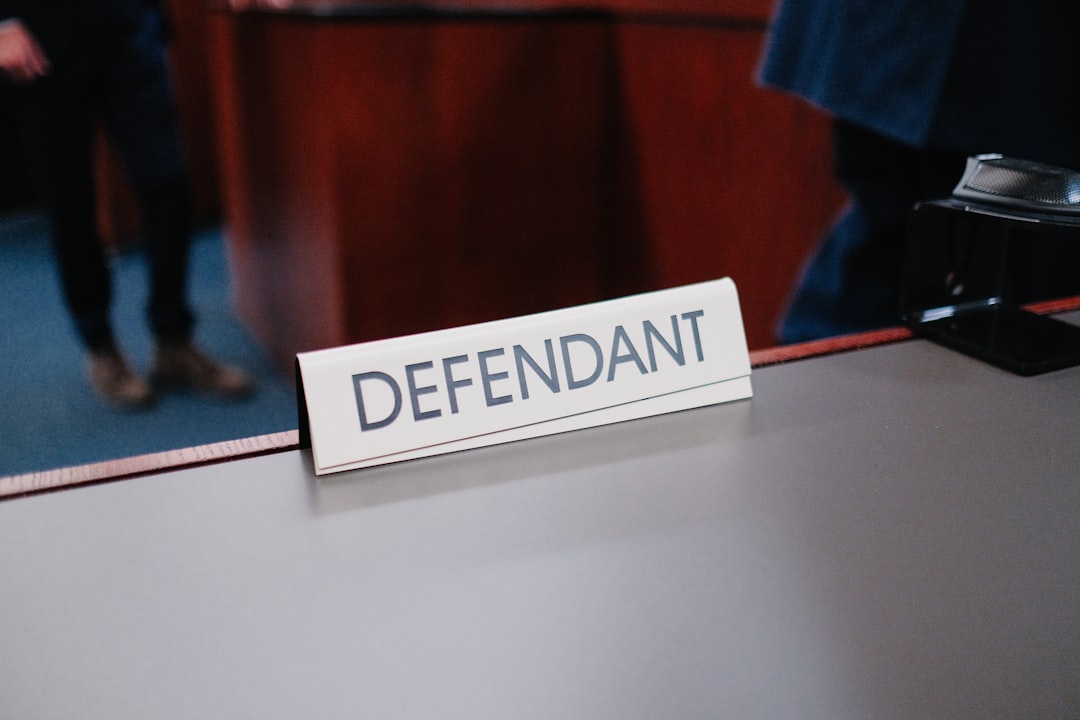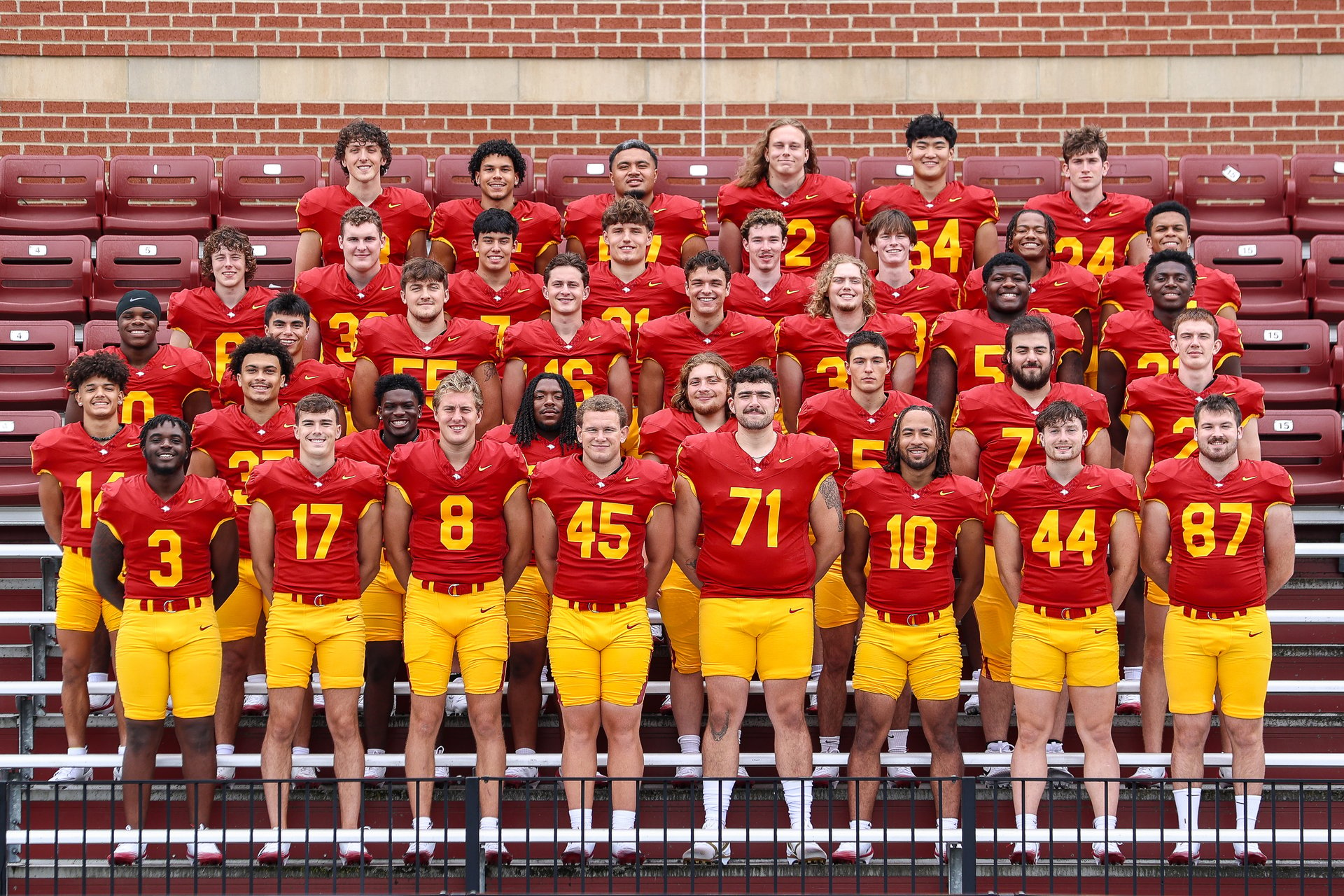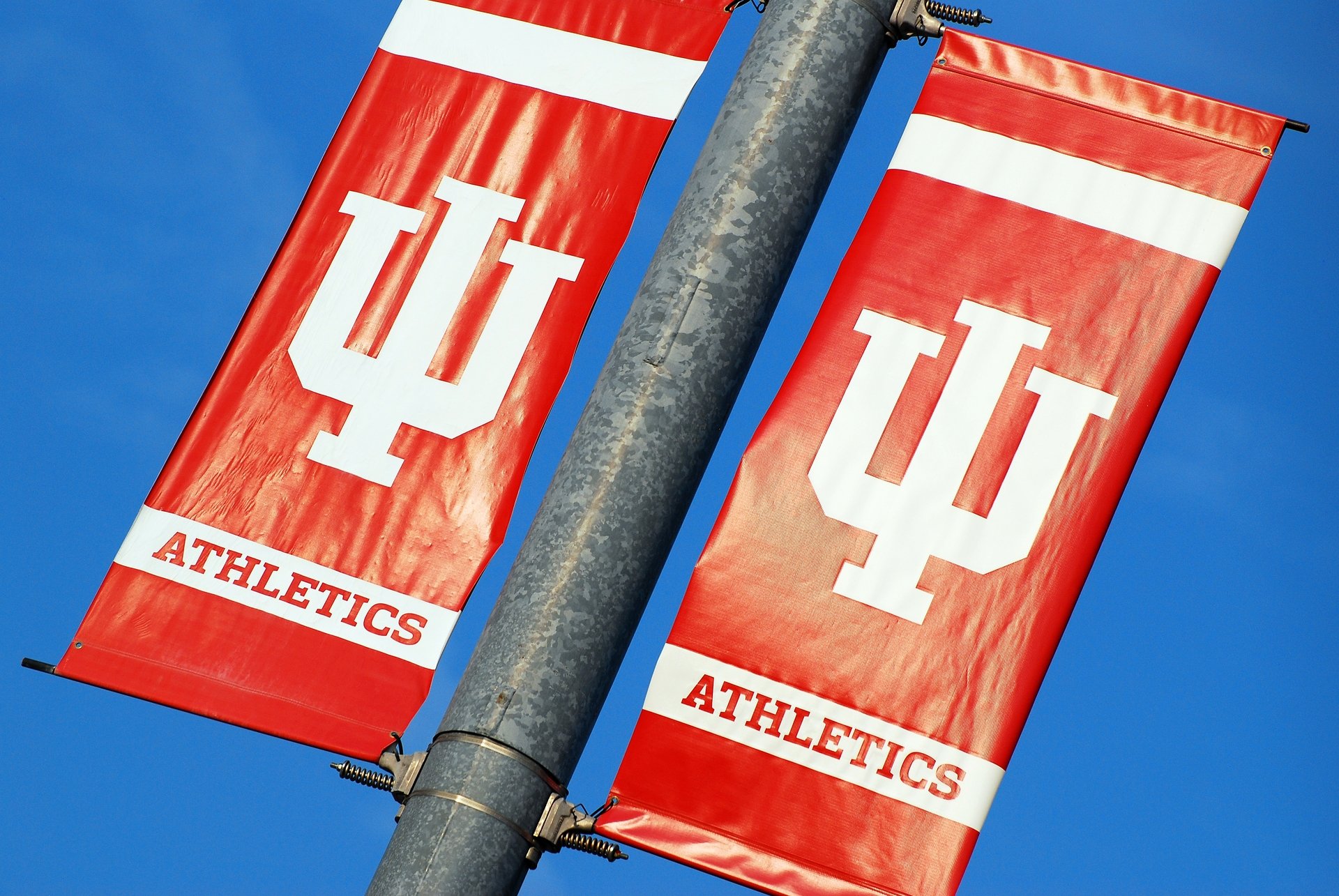Good morning, and thanks for your continued support of Extra Points
Earlier this week, both ESPN and Yahoo! reported that the NCAA and other college sports leaders are in deep talks to settle the House lawsuit. While terms are not even close to being finalized yet, the conversations are apparently far enough along to leak to reporters.
This is a tricky college sports story. The stakes of a potential settlement in this case are massive, not just financially, but in how it would reshape the very concept of “amateur” college athletics. It impacts revenue sharing, future athletic budgets, the NIL industry, and more.
But I’ve also been in this business long enough to know that as soon as you write something like “antitrust litigation settlement” in the opening lines of a story, almost everybody who isn’t being paid to read it instantly starts to fall asleep.
Let me do my best to explain what this case is about, what a settlement might look like, what a settlement does and doesn’t do about the biggest college sports industry questions, and more…in a way that doesn’t require you to be able to recite the intricacies of the Sherman Act by heart.
Remind me, what’s the House case again, and why do I need to care about it?
House v NCAA is a lawsuit that alleges the NCAA broke antitrust law by prohibiting athletes from monetizing their name, image and likeness rights. The lawsuit includes both former athletes, who allegedly lost money due to previous NCAA NIL restrictions, along with current athletes whose NIL activities still face some restrictions.
Because this is an antitrust case, the court mandates the defendants pay triple what the actual damages in the case were. That means if this case goes to trial (which it is scheduled to start next year) and the NCAA loses, it could be on the hook for four billion dollars, an amount of money that the NCAA does not have.
House also isn’t the only lawsuit the NCAA is facing on how their current policies might be considered an unfair restriction of trade. There’s also Carter v NCAA, which takes more direct aim at the prohibition of paying athletes directly for athletic performance. Both lawsuits were brought by Jeffrey Kessler.
A settlement before 2025 would allow the NCAA and power conferences to potentially wrap up House and maybe even other lawsuits without having to pay, again, four billion dollars. I’ve been repeatedly told over the last several months, from everybody to college sports lawyers to ADs to conference officials, that the NCAA and major conferences were going to pursue settlement options rather than risking everything in court. Court hasn’t gone so well for the NCAA as of late.
So presumably the NCAA and power conferences write a check for some amount of money that’s less than four billion dollars but more than, say, fifty dollars. Is that it?
Well…no. Because it isn’t enough to just pay a fine for breaking the law. You also have to stop breaking the law…and that would require massive changes in how college sports operates
Specifically, that means revenue sharing.


















